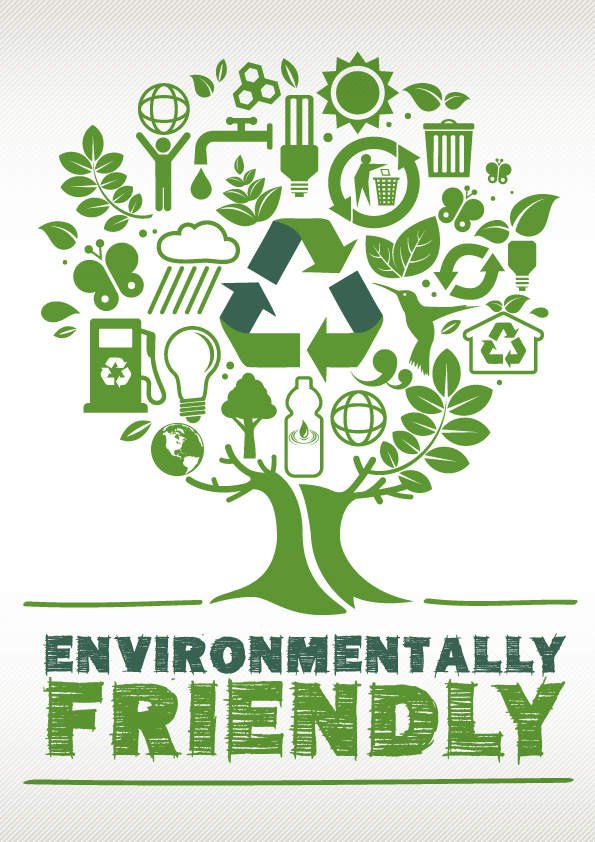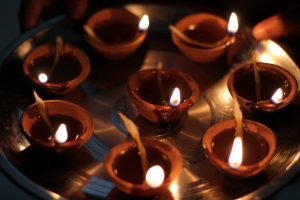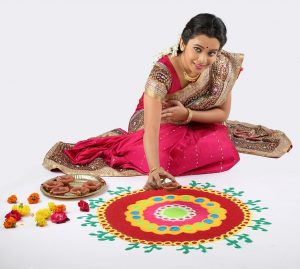Celebrate but Don’t Pollute
Deepavali (or Diwali) literally means ‘row of lamps’, lit to ward off the shadows of evil. That is the true essence of Diwali, not ear-splitting fire crackers
Today, the simple yet powerful essence of Diwali has been lost to the deafening explosions of firecrackers, and tarnished by the filth of air pollution.
Allow us to illustrate: Rangoli, a timeless ritual art that accompanies the festival, was originally made of rice powder or paste that when drawn invited birds, insects and ants to a glorious festival feast.
Today, noise, air and light pollution from fire crackers cause untold suffering, killing the very same animals that were once so important to the celebration.
Apart from irreparable environmental impact, by purchasing firecrackers, you are supporting a ruthless industry that, by design, exploits children. Forced to work on the production of such explosives, work hazards cause them severe illness and early death.
Spread good karma this Diwali
Our intention is not to kill your festive spirit, instead re-interpret it so you can be part of the solution, not the problem. Diwali is about the victory of good over evil. Why not think of pollution as the evil to conquer?
Metaphorically, clean and pure thoughts, actions and intentions = good karma. So how can you go about cashing in the good karma this Diwali?
The lighting of lamps symbolizes knowledge over ignorance. In this spirit, decorate your home with oil diyas rather than illumination that uses electricity. Diyas uses 80% less energy.
Alternatively, go for a hike amidst nature and collect dry bio materials. Use these to make a bonfire. Sit around with loved ones in the garden and recount tales from ‘The Ramayana’, or modern day stories of good over evil.
Make your Rangoli eco-friendly by using natural ingredients – rice powder for white, ground pulses or turmeric for yellow, dry chili or kumkum powder for red, cinnamon for brown and saunf for green. Get creative!
- Decoration
It’s all about up-cycling. Buying decorations is a colossal waste, because you’re only going to use them once and often, they are made of cheap, synthetic materials that do not easily bio-degrade. Think outside the box; decorate with colorful dupattas, saris, lace, craft paper, traditional door hangings, fragrant incense and such.
- Good Karma
Be a part of the triumph of good over evil. Gather folks together and do good for the community, be it an old clothes drive, planting trees or volunteering at an animal shelter.
- Play
Instead of gambling, host a competition for Rangoli drawing, bouquet arrangements, lantern making or origami. Celebrate with music, have a dance party. MasterChef is all the rage now so why not host sweet making competition for the neighborhood?
- Clean Up After Yourself
Yes, that is so important. People enjoy the process of bursting crackers but do not bother to clean up the mess they’ve created. Do your bit for your neighborhood, city and the environment by cleaning up after the celebrations.
- Shop Local
Be it gifts, decorations, sweets or a new outfit – shop local, not online. It minimizes your carbon footprint in a big way.
Switch to bio-degradable, locally sourced crockery like banana or bamboo leaf plates. Don’t use paper tissue, plastic spoons, glasses or forks – choose stainless steel.
- Reduce, Re-use, Recycle, Restore
Reuse plastic, wrappers, newspaper, and boxes for wrapping. What’s better? Hand-made gifts and home-made sweets of course!
- DON’T BUY OR BURST CRACKERS AT ANY COST
The hottest eco fad on the market is 3D glasses that when worn give you the virtual experience of pyrotechnics. Environmentalists are all aboard on this one as it is free of noise, air and light pollution.
Electric firecrackers are also an option, and can be re-used annually.


















































